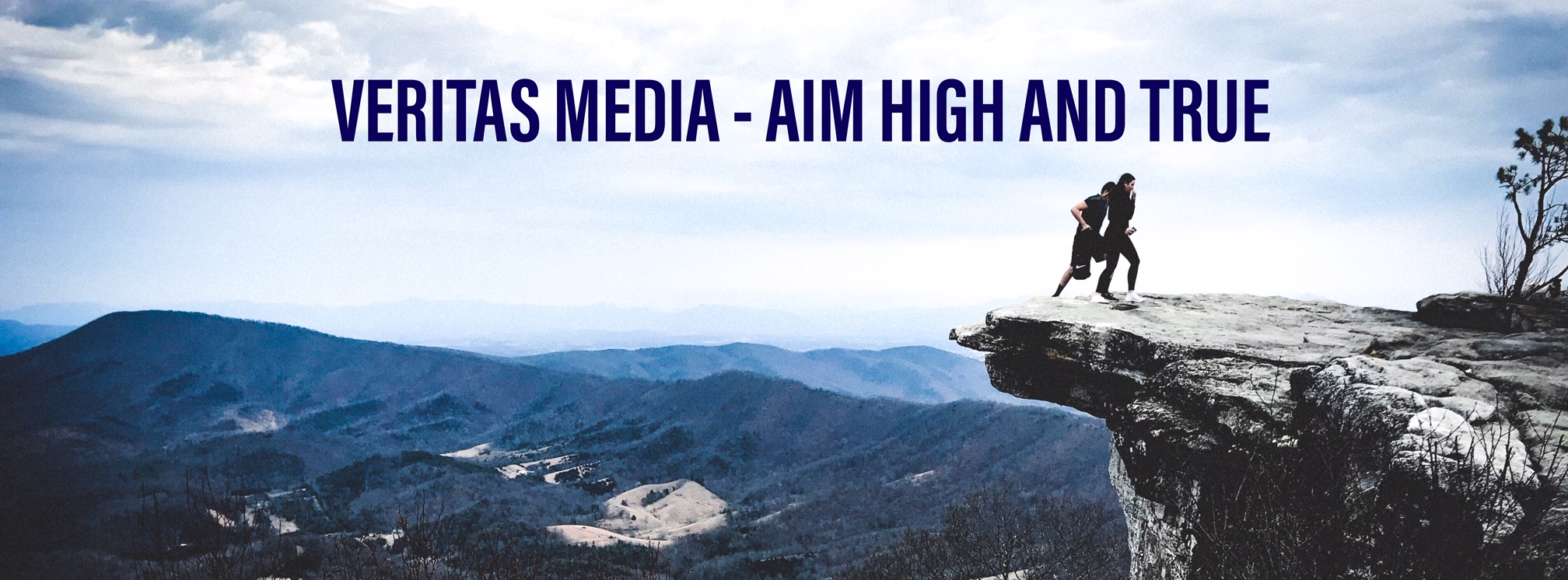Veritas Legal Media – 757-582-1836 – veritaslegalmedia@hotmail.com
A case that was settled last year against PetSmart in Newport News, Virginia was a high profile example of a slip and fall lawsuit.
In Feb. 2011, PetSmart settled a federal lawsuit over allegations that employees at its Newport News store failed to clean up dog feces, leading a customer to slip and injure himself. The pet supply store and Robert W. Holloway of Poquoson, VA reached an agreement to avoid trial. It’s not known how much this case was settled for.
Mr. Holloway and his daughter were at the Jefferson Avenue store on Jan. 18, 2009, the Virginian-Pilot newspaper reported. As he headed for the pet treats aisle, “my left foot slipped in a pile of dog feces that was not visible,” Mr. Holloway stated in court documents.
Mr. Holloway said after slipping on the feces he grabbed hold of his daughter and wrenched his back. “The dog feces in question was not open and obvious,” he said in legal documents.
The fall had painfu and long-lasting consequencesl, leading to Mr. Holloway to have to undergo a back operation.
The PetSmart case was unusual; more typically victims fall on wet floors. In a recent case in Georgia (GA) a man who slipped on a floor of a Kroger store and damaged his spine was awarded $2.3 million.
As an experienced personal injury lawyer one of my first considerations in slip and fall cases is who owns the property on which the accident occurred.
Commercial, private and public property owners may be held responsible for slip and fall accidents that occur on their property, although not every fall can be the subject of a lawsuit. If you are unlucky enough to fall on the floor of a Wal-Mart store, for example, and there is no contributory factor, you are unlikely to have a case.
If the floor has been washed and there are inadequate warning signs, or if dishwashing liquid has spilled on the floor and nobody has bothered to clean it up, that’s a different matter.
In slip and fall cases, a “reasonable person” standard derived from common law is used to establish whether the landowner has lived up to a duty in maintaining and keeping the property safe and also whether the injured party was acting reasonably.
Although there are different specifics depending on what state you live in, generally a victim must prove the property owner to be held responsible for injuries on the property, the owner must have caused the condition or known about the dangerous condition and done nothing about it. So, in the example of a store, the owner could hardly be held responsible if a customer knocked a jar off a shelf and spilled a fluid and another customer slipped on it a few minutes later.
But if a customer was responsible for a spillage and members of staff simply walked on past it, nobody bothered to clean it up and another customer slipped on it later on, the store could be held responsible.
Reasonableness is a subjective standard. As with any negligence action, the victim in a slip and fall case needs to demonstrate that his or her injuries were “proximately caused” by the property owner’s actions or inaction.
Sadly many victims in these kinds of actions fail to seek legal advice. The recent verdict in Georgia, shows this can be a mistake because large awards are often available to slip and fall victims.

